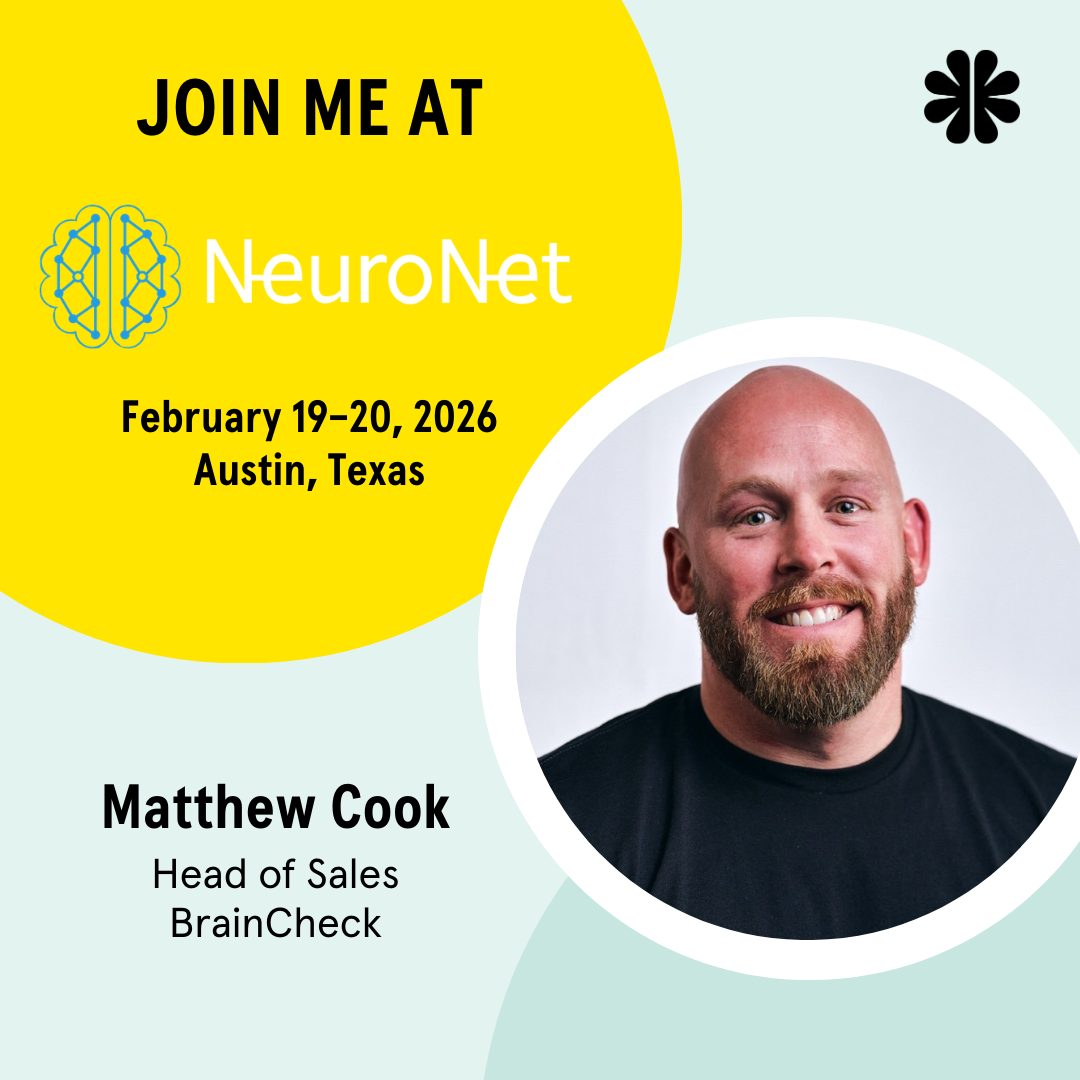Your family and friends, every experience, conversation, job, and every movie you’ve ever watched, all shape who you are and how your brain ages. And although every brain changes with age, and some mental decline is common, cognitive impairment isn’t inevitable.
Over the next few weeks, we’ll be sharing tips on how to keep your brain healthy and memory sharp as you age, but before we begin, let’s find out how your brain changes from birth to age 50.
Your brain at two years old
The junctions at which our brain cells communicate with one another are known as synapses. By two years old, our brains have around 100 trillion synapses — its peak amount — and far more than an adult will ultimately use. This initial blossoming of neural connections diminish in a process known as “synaptic pruning.” Pruning helps eliminate redundant neural circuits, thus streamlining cognitive pathways we use most frequently.
Twenties and beyond
By our late twenties, the brain’s aging process begins and we start losing neurons. Into our thirties and forties, the brain starts losing volume, electrical activity starts to slow, and the myelin sheath — a fatty substance that protects your nerve cells — begins degrading. This slowing may result in trouble connecting a face to a name or a book with an author, but it doesn’t mean the memory isn’t there. By 50 however, memory and reasoning skills begin to dwindle. This may present itself as forgetting where you left your keys, or why you walked into the kitchen.
Even the healthiest of us cannot stop this natural aging process, but we can slow its progression, particularly by building new brain connections. For example, London cab drivers undergo intensive training to pass the “Knowledge of London,” a memorization test of London’s extensive roadways: 320 routes, 25,000 individual streets and 20,000 landmarks. Scans of the brains of several cab drivers revealed that each driver’s posterior hippocampus — an area vital for memory, in particular spatial memory — had grown physically larger than the hippocampi of the control group. The longer a cabbie had been doing the job, the bigger the change.
So, although we can’t stop the brain from aging, we now know we can slow its progression. Stay tuned next week for easy and fun ways to maintain a healthy brain as you age and potentially reduce your risk of cognitive decline.




